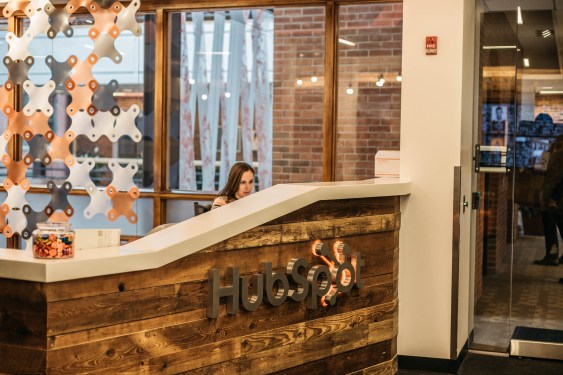For months, whispers persisted that Google, and perhaps other tech giants, were circling Boston-based CRM and marketing software company HubSpot. As the rumors swirled, HubSpot’s market cap ballooned to an astonishing $30 billion. However, this week, Bloomberg broke the news that the parties involved had parted ways without a deal.
Why the Deal Never Made Sense
Several industry experts we spoke with agree that a Google-HubSpot deal would have been a mismatch from day one. For starters, the price tag was staggering – in the same ballpark as Salesforce’s $28 billion acquisition of Slack. Even if Google had paid a multiple over HubSpot’s peak market cap, it still would have been significantly outside their comfort zone.
HubSpot’s focus on Small and Medium-sized Businesses (SMBs) also raised questions about its compatibility with Google Cloud, which is firmly entrenched in the enterprise space. As Brent Leary, founder and principal analyst at CRM Essentials, pointed out: "A conversation I had with HubSpot co-founder and CTO Dharmesh Shah last year kept replaying in my head. He said the company remained laser-focused on the SMB space with no plans of moving upmarket to compete in the enterprise."
The Boston Startup Scene and the Benefits of Independence
HubSpot has been a stalwart presence in the Boston startup scene since its founding in 2006. The company’s success is a testament to the city’s thriving ecosystem, which has spawned numerous startups and driven innovation.
Rob May, a four-time founder and angel investor based in Boston, welcomed the news that HubSpot would remain independent: "HubSpot has been a great anchor in the Boston ecosystem, spinning out a lot of startups and driving a lot of activity in the local tech scene. I’m glad to see them stay independent and continue down that path."
Greg Dracon, a partner at .406 Ventures, echoed May’s sentiments, highlighting the benefits of retaining an independent HubSpot: "While unfortunate for shareholders hoping to capitalize on a potential pop, Google already has a large presence in the region, so retaining an independent [$25 billion to $30 billion] market cap company has many advantages for the Boston ecosystem."
The Potential Risks and Rewards of a Sale
Lily Lyman, general partner at Underscore VC, noted that while the deal would have been a significant boost to HubSpot’s valuation, it could also have had negative consequences: "A sale to Google would have brought in new resources and expertise, but it would also have meant losing control over the company’s vision and direction."
Moreover, Lyman pointed out that a sale could have led to job losses and disruption to HubSpot’s operations. In contrast, remaining independent allows the company to continue innovating and growing at its own pace.
What’s Next for HubSpot?
As HubSpot looks to the future, it will be interesting to see how the company continues to innovate and expand its offerings in the rapidly changing marketing and CRM landscape. Will they continue to focus on SMBs or explore new markets? Only time will tell, but one thing is certain – the Boston startup scene will continue to thrive, with HubSpot at its heart.
Related Stories



